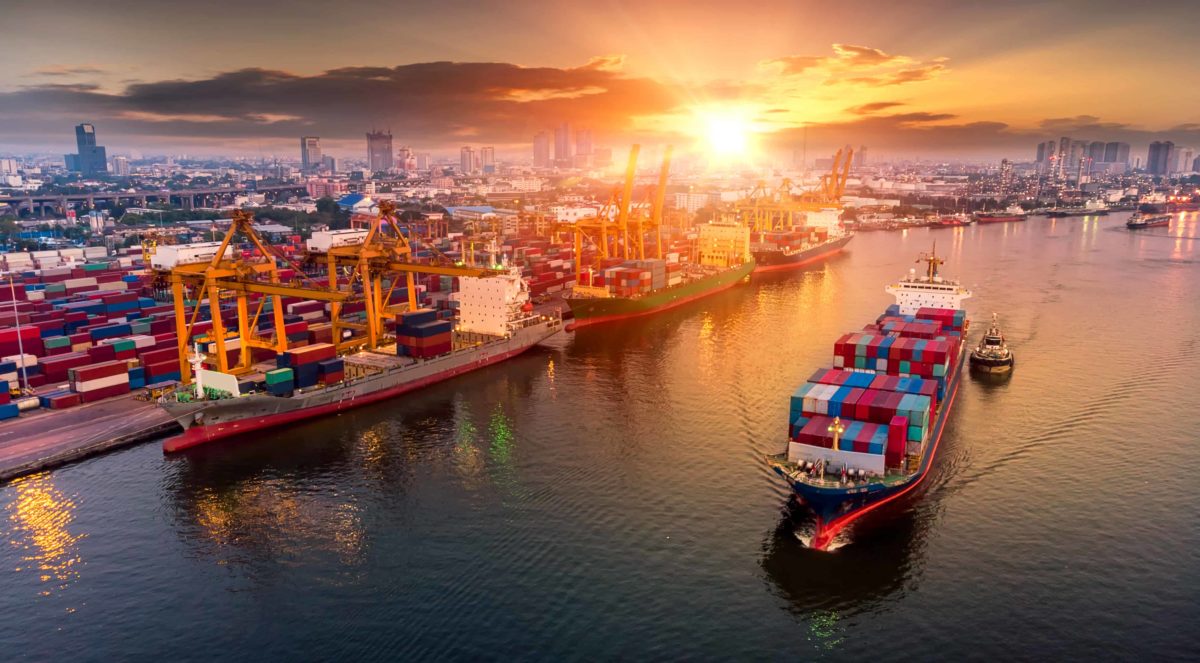China has been a huge avenue for growth for many ASX shares over the past decade or two. The country's burgeoning middle-class has been fertile ground for many ASX companies to expand into, selling 'Brand Australia' products that have proved highly popular for millions of Chinese customers.
But with geopolitical tensions on the rise in recent weeks, could this avenue be shut off?
According to reporting in the Australian Financial Review (AFR), China is turning the screws on Australian foreign policy, angered by moves from the Morrison government to support an independent international inquiry into the origins of the outbreak of the coronavirus pandemic.
As reported by the AFR, China has sounded out replacing Australian barley and beef exports with those from the USA and Russia in retaliation.
So what if these tensions escalate? There's a lot of very successful Australian exporters that would euphemistically be put in a right pickle.
Some ASX shares that might be in the firing line
Take Treasury Wine Estates Ltd (ASX: TWE). Treasury has put a lot of time and effort into building a market for its quality Aussie wines in China. Its high-quality and high-margin brands like Penfolds have proven a hit for the Chinese middle-class – so much so that Treasury generated around 40% of its earnings in Asia during FY19.
Australian dairy has also proved very popular in China. The A2 Milk Company Ltd (ASX: A2M) and Bubs Australia Ltd (ASX: BUB) have been exploiting this to ruthless effect, particularly in the infant formula market. This partly explains why the a2 Milk share price has ballooned by 3,700% over the past 5 years and Bubs by over 1,400%. We could see this unwind if China really wants to play hardball with the Australian government.
There's also the iron ore exporters Fortescue Metals Group Limited (ASX: FMG), Rio Tinto Limited (ASX: RIO) and BHP Group Ltd (ASX: BHP). China's demand for our iron ore is famously insatiable and helped us get out of the quagmire of the GFC last decade. BHP also exports thermal and metallurgical coal to China. I think it's unlikely, but if China really wanted to send a message, this would hit where it hurts.
What can we take from these risks?
I think the best lesson to draw from these events and their possibilities is how unpredictable investing can be. Most companies are influenced by how much money they can make, but other factors (like geopolitics, in this instance) can also have a tangible effect on your investments. The best investors try and make contingencies for the worst possible outcomes. It's not a bad way to go, judging by the things we are seeing play out on the international stage in 2020.









